There is now a wide variety of dairy-free milk options on the market but not all of them will be suitable for everyone’s needs. This guide should help make the choice an easier one. A top tip is also to look for unsweetened versions, as many non-dairy milks can be high in sugar!
Soy milk is very versatile and can be used in place of cow’s milk in any recipe. It can be used in anything from cereal and coffee to smoothies and savoury dishes, and is stable at high temperatures.
Pros: In general, soy milk is the least processed of all the alternative milks. It delivers the same amount of protein as cow’s milk, and contains more potassium than any other dairy alternative while also being low in saturated fat, plus it’s vegan-friendly.
Cons: It’s generally low in protein and can’t be used as a milk substitute for toddlers due to low calorie levels. Soy is also a common food allergy and most prevalent in children. It has a thick texture and may become lumpy towards the bottom of the carton. People who are intolerant to the protein in cow’s milk are often intolerant to the protein in soy milk, too.
Almond milk‘s creamy texture works well in coffee, cereals, porridge and smoothies, but many find it too sweet for savoury cooking.
Pros: It’s low in fat and calories, and is a good source of magnesium and vitamin E, and is also vegan-friendly.
Cons: Almond milk is unsuitable for those with nut allergies. It’s too low in protein and calories to be used as a milk substitute for toddlers. Although some brands contain vitamins D and E, these nutrients are fat soluble, meaning they may not be absorbed unless you’re having the milk with a higher-fat food. Almond milk can also be quite expensive.
Hemp milk has a great texture and is best used in savoury dishes.
Pros: Hemp seeds are rich in short-chain omega-3s (the ones found naturally in plant foods). Hemp milk is a good source of vitamins A, B12 and D, as well as magnesium, calcium and phosphorus. It’s vegan-friendly and low in fat and sugar.
Cons: It’s relatively low in protein compared with other milks.
Oat milk is light with a mild, vaguely sweet flavour, and is best used in baking, lighter cream soups, sauces and mashed potatoes.
Pros: Oat milk can be used as a milk replacement from the age of two if you choose higher-fat varieties. Oat milk is a source of fibre, in particular beta-glucan, a type of soluble fibre linked to improved blood sugar and cholesterol levels. It’s a good source of vitamin E and folic acid, as well as being vegan-friendly and cholesterol-free.
Cons: It’s relatively low in protein and high in sugar. Its thinner texture means that it’s not very suitable for use in baked goods. Unless specifically made with pure gluten-free oats, coeliacs and those with a gluten intolerance should steer clear.
Coconut milk can work very well in baked goods, thanks to its nutty flavour, and is also suitable for adding to coffee or smoothies.
Pros: Coconut milk is fortified with vitamin B12 and vitamin D and rich in lauric acid, a heart-healthy saturated fat that improves HDL (good) cholesterol. It is vegan-friendly and cholesterol-free, but not suitable for those with a nut allergy.
Cons: Although low in natural sugars and calories, it contains more fat than other milk substitutes.
Rice milk’s sweet flavour makes it ideal for use in baking and desserts, as well as in some curries, soups and sauces.
Pros: Many people feel that rice milk is the closest to dairy milk in terms of flavour, and it’s arguably the lightest, sweetest and most refreshing option. Rice milk is the most allergy-friendly of the non-dairy options. It’s vegan-friendly, low-fat and low-calorie.
Cons: It contains low levels of arsenic and as such isn’t advised for children, although the amounts of arsenic are too minute to be a problem for adults. It’s also higher in sugars than other milk alternatives and, since these sugars are naturally occurring, they’re not included in the ingredients list.
Goat’s milk
Pros: Technically not classed as ‘dairy,’ goat’s milk can be a great option for those who don’t require a vegan option but are lactose intolerant. It is also the most similar to cow’s milk from a nutritional perspective.
Cons: It is not suitable for vegans. Those with an allergy to cow’s milk protein (as opposed to lactose) are likely to have a similar allergy to goat’s milk protein.
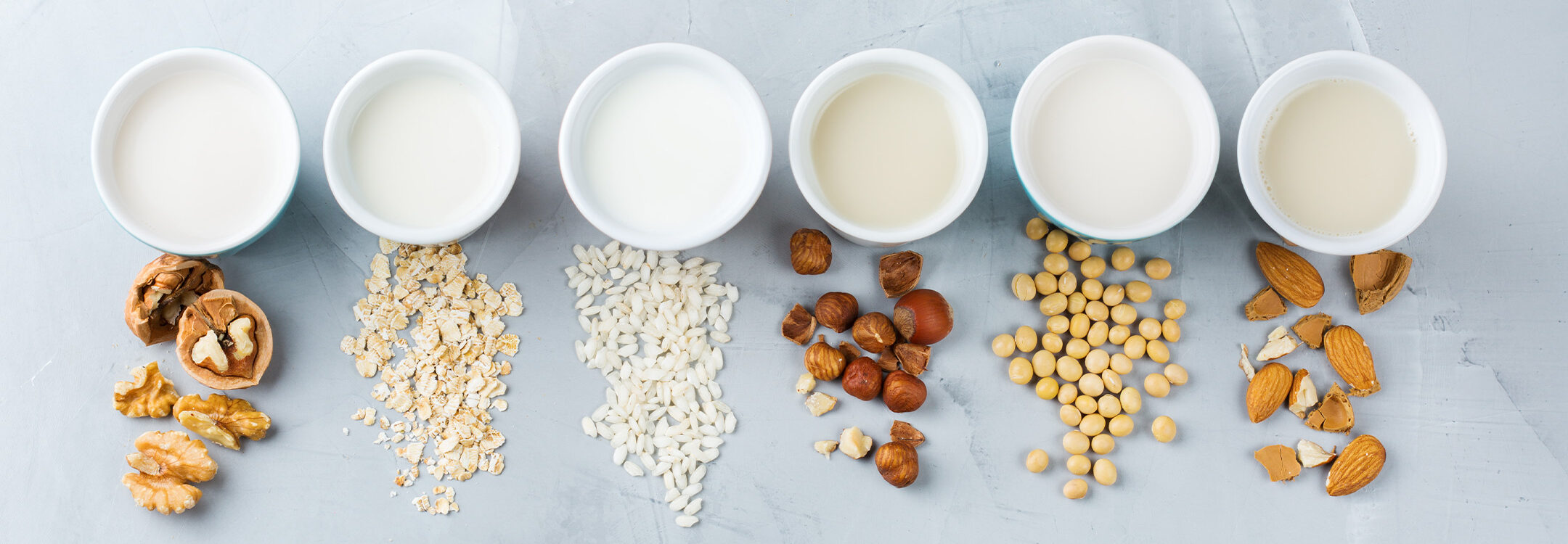
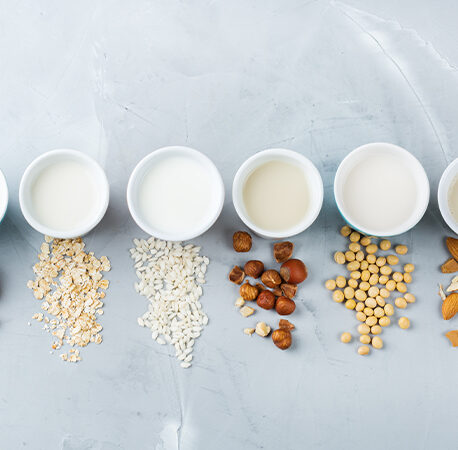
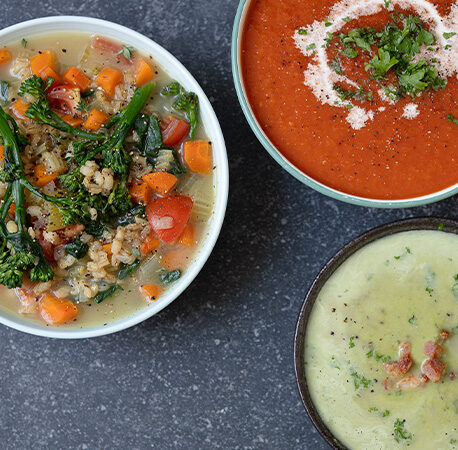

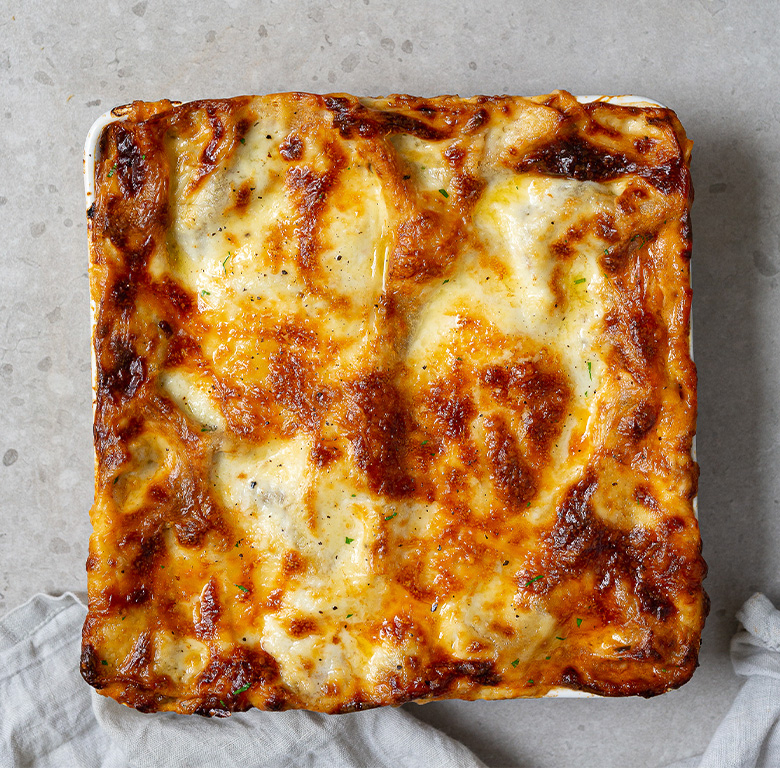
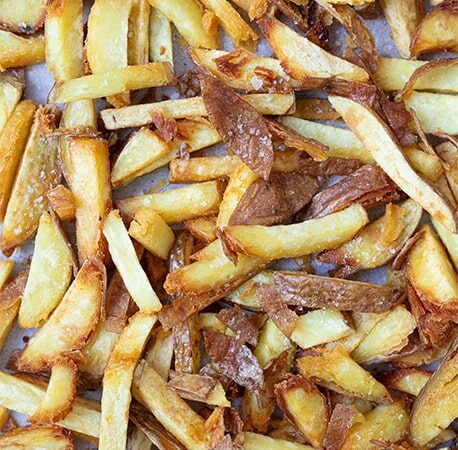
You have to be signed in to comment this post.